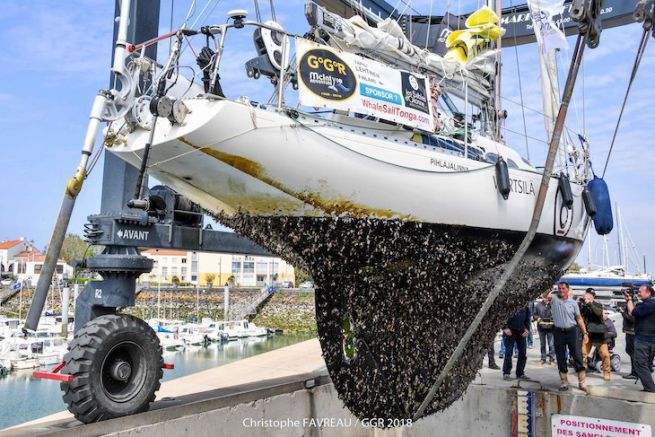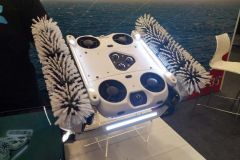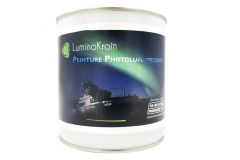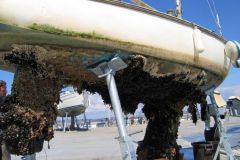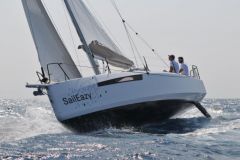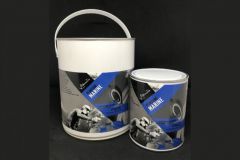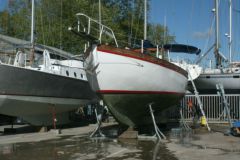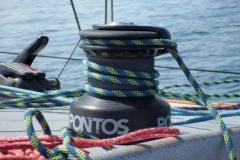Fouling and invasive species: a risk for biodiversity
For a long time, sailors have been protecting their ships from colonization by dirt and marine organisms, referred to as fouling in English. After the first copper plates were fixed on the hull of wooden military ships in the 18th century, various methods were developed. The most used today is the so-called antifouling paint, whose composition prevents the implantation of organisms thanks to a biocide. All specialists are now thinking about alternatives that have less impact on the environment.
The initial objective of the sailors was to limit the ageing of the ship and to maintain the best performance, first under sail, then under engine. But the development of navigation in the 20th century has brought new challenges. The organisms installed on the ship's living works, or in the ballast tanks, are transported from one sea to another, from one ecosystem to another in different climatic zones of the planet. Invasive species have thus colonized certain regions, causing the disappearance of endemic species and destabilizing ecosystems. The issue for marine biodiversity is essential. The consequences on ships are also important. The zebra mussel obstructs the water intakes of ships, while the green alga poses health problems.
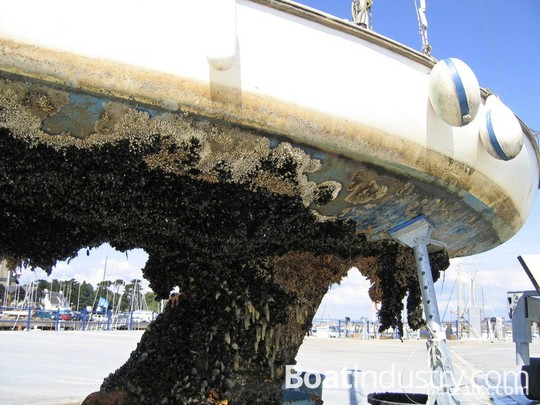
GloFouling, an international program for fouling management
To address the situation, the International Maritime Organization (IMO) has launched the international GloFouling program. This is a 5-year operation, financed by the GEF, Global Environment Facility. Its objective is to raise awareness of good practices to fight against hull fouling and thus protect marine biodiversity by preventing the spread of invasive species. By maintaining clean hulls, the reduction in fuel consumption also limits greenhouse gas emissions.
METSTrade wants to raise awareness of boating
If the majority of international sea crossings are commercial, yachting has its role to play in the fight against the phenomenon. ICOMIA and World Sailing are partners of Glofouling. This is also the conviction of METSTrade, which will organize a conference on the subject during its show on November 19, 2019. Experts will highlight good practices for yachting and boating professionals, shipyards or crews, including cleaning and rinsing of equipment before transit or preparation and application methods of antifouling paints.
